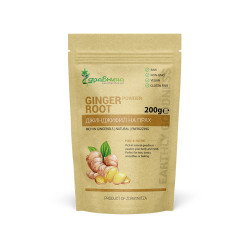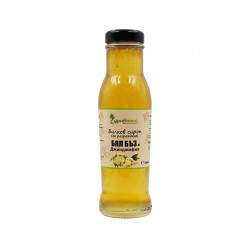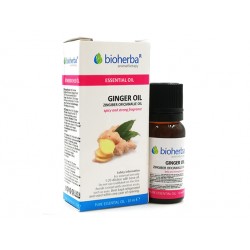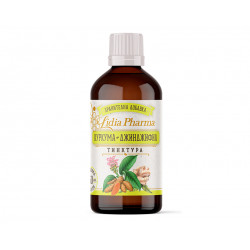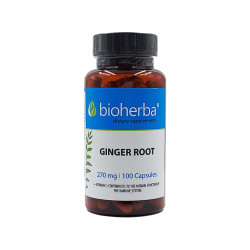Ginger originates from India and China. It reached Western Europe in the ninth century and became a super popular spice (served on the table along with salt and pepper). It has been used in medicine in the past to treat sexual weakness.
The root of ginger looks like a horn. It has an exotic taste similar to that of white pepper and lemon. In Asia, the root is grated, soaked in water and used to season dishes or fried. In India it is used in curry.
Ginger is one of the most special and at the same time one of the most delicious spices on the planet. The plant is loaded with nutrients and bioactive compounds that have powerful benefits for human health.
"Zdravnitza" presents seven health benefits of ginger, which are supported by scientific research.
Gingerol content
The unique taste of ginger aroma comes from the natural oils contained in it, and one of the most important is - dinjerol. This bioactive compound is responsible for most of the healing properties of ginger. Dingerol has a powerful anti-inflammatory and antioxidant effect.
Ginger for nausea and vomiting
Ginger is one of the best natural remedies for nausea and vomiting. The plant has a beneficial effect on seasickness, and we can say that it is as effective as the drugs that are available in pharmacies.
Ginger has the ability to relieve nausea and vomiting even in patients who have undergone surgery for cancer or those who have undergone chemotherapy.
Consumption of ginger can significantly reduce the symptoms of nausea during pregnancy.
Ginger can reduce muscle pain
Ginger is a proven natural remedy against muscle herbs caused by exercise. Just 2 g of ginger a day for 11 days significantly reduces muscle pain. The plant is effective in reducing the daily progression of muscle pain. This is due to the anti-inflammatory properties of ginger.
Ginger and osteoarthritis
Taking ginger can reduce the pain caused by osteoarthritis. The combination of ginger, cinnamon and sesame oil reduces stiffness in patients with osteoarthritis when applied locally (external).
Ginger to lower blood sugar
Taking 2.2 g of ginger a day can reduce blood sugar levels by up to 12%. Also, ginger dramatically improves HbA1c (a marker for long-term blood sugar levels). Consumption of ginger reduces oxidized lipoproteins, which are among the main culprits for heart disease.
Ginger to improve digestion
Digestive problems are characterized by recurrent pain and discomfort in the upper stomach. Ginger has been shown to accelerate gastric emptying in people with this condition. 1.2 g of ginger powder before meals accelerates the release of the stomach by up to 50%.
Ginger against infections
Consumption of ginger can inhibit the growth of many different types of bacteria. The plant is effective against oral bacteria associated with inflammatory gum diseases such as gingivitis and periodontitis. Ginger is also effective against the respiratory syncytial virus (RSV), a common cause of respiratory infections.




